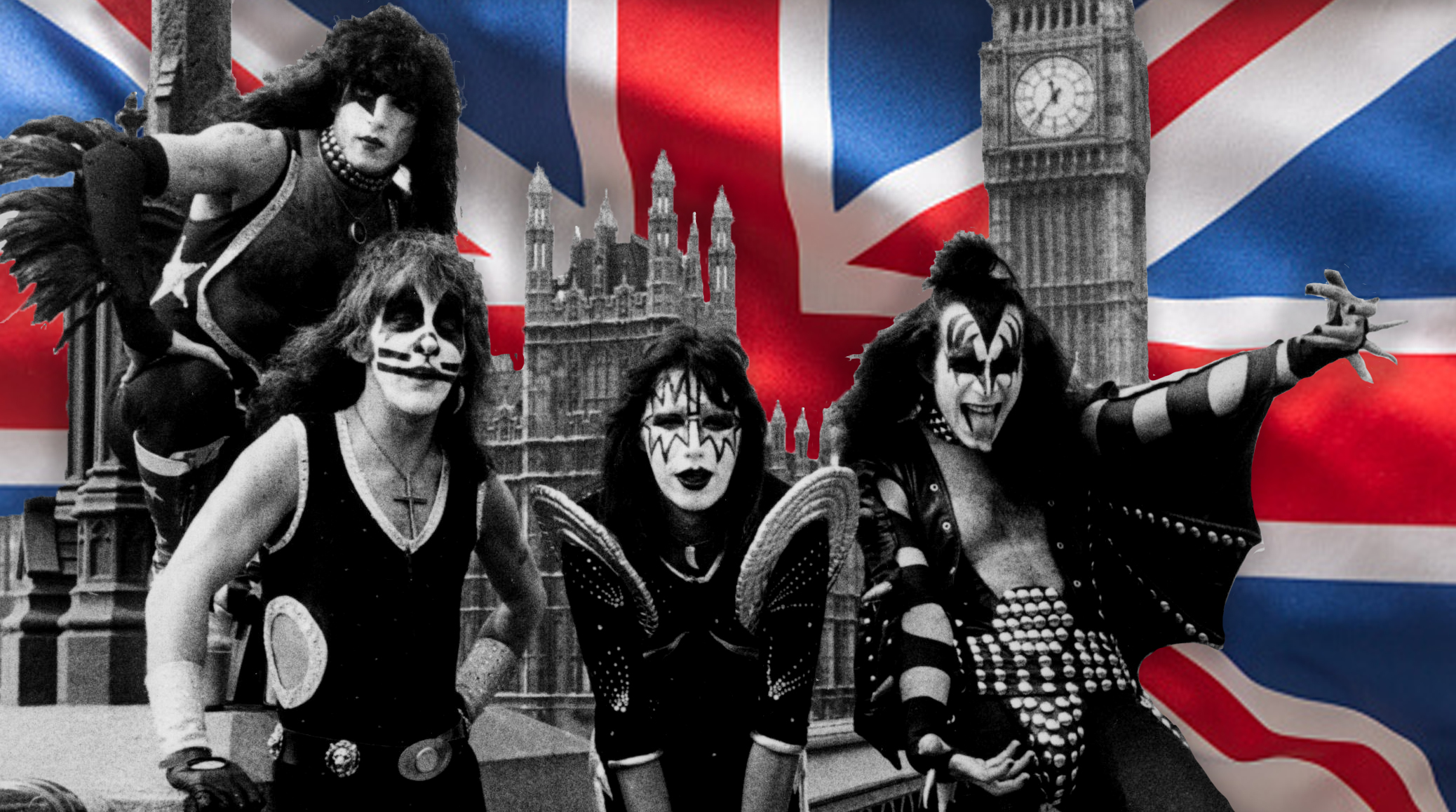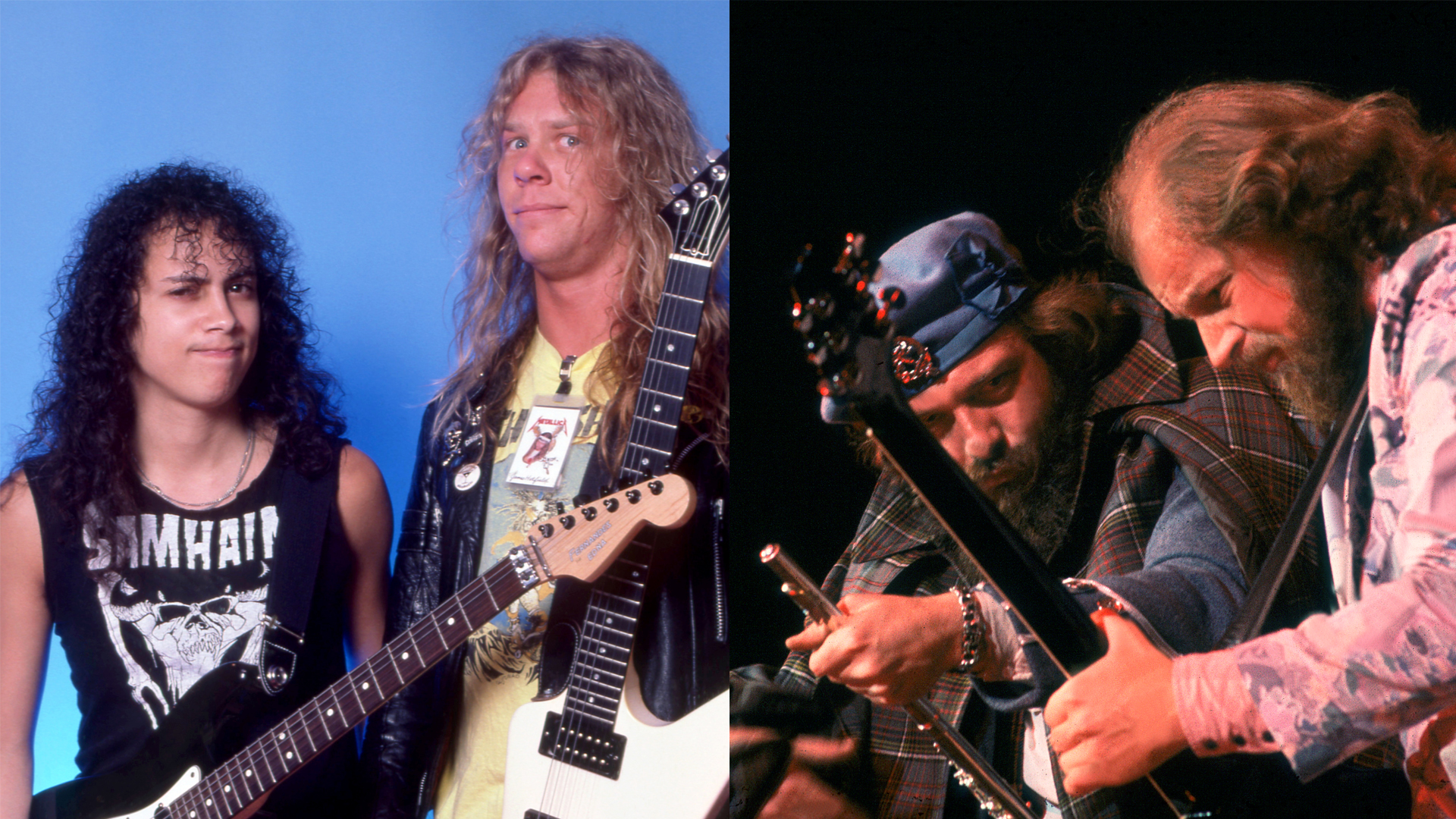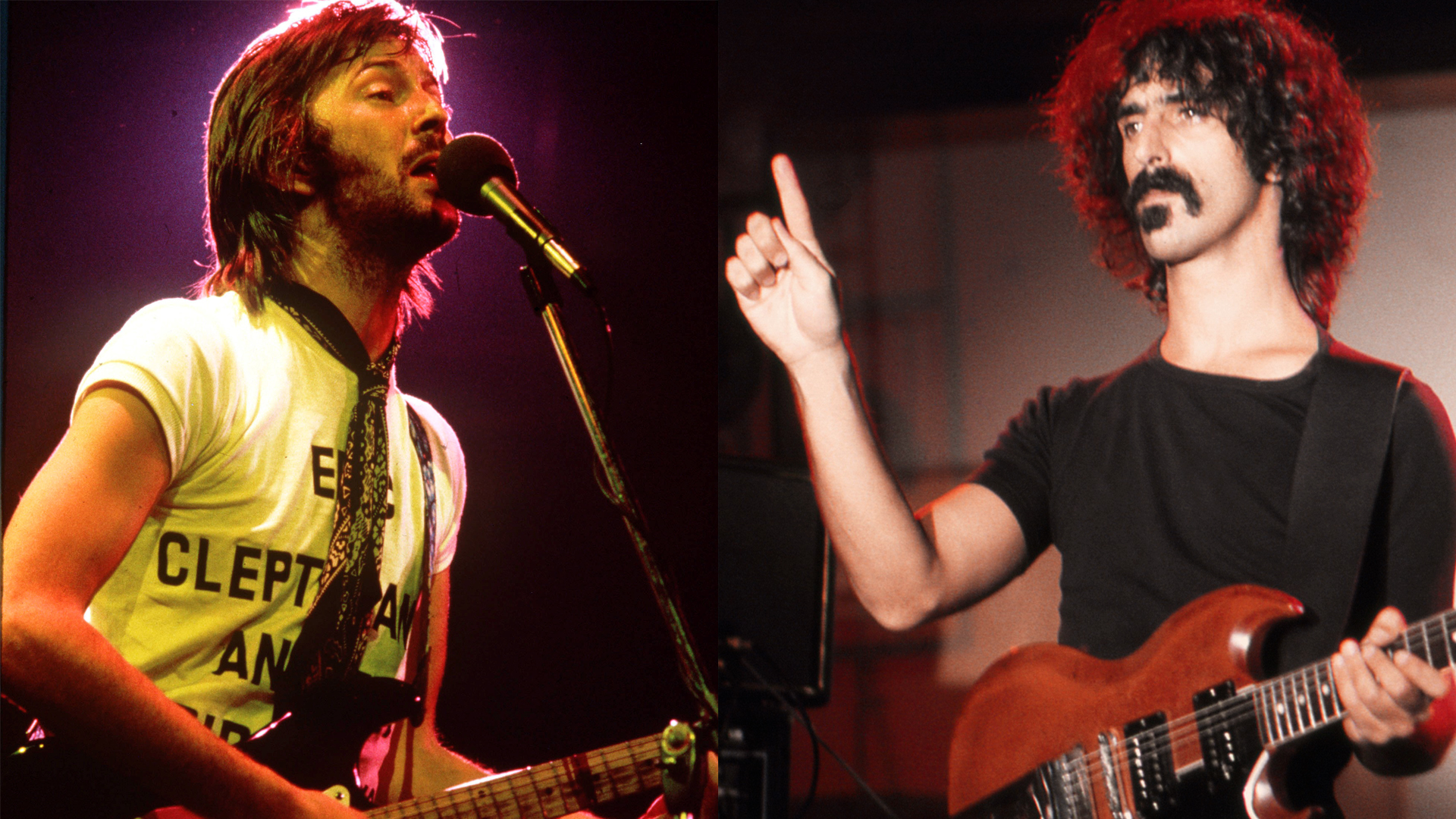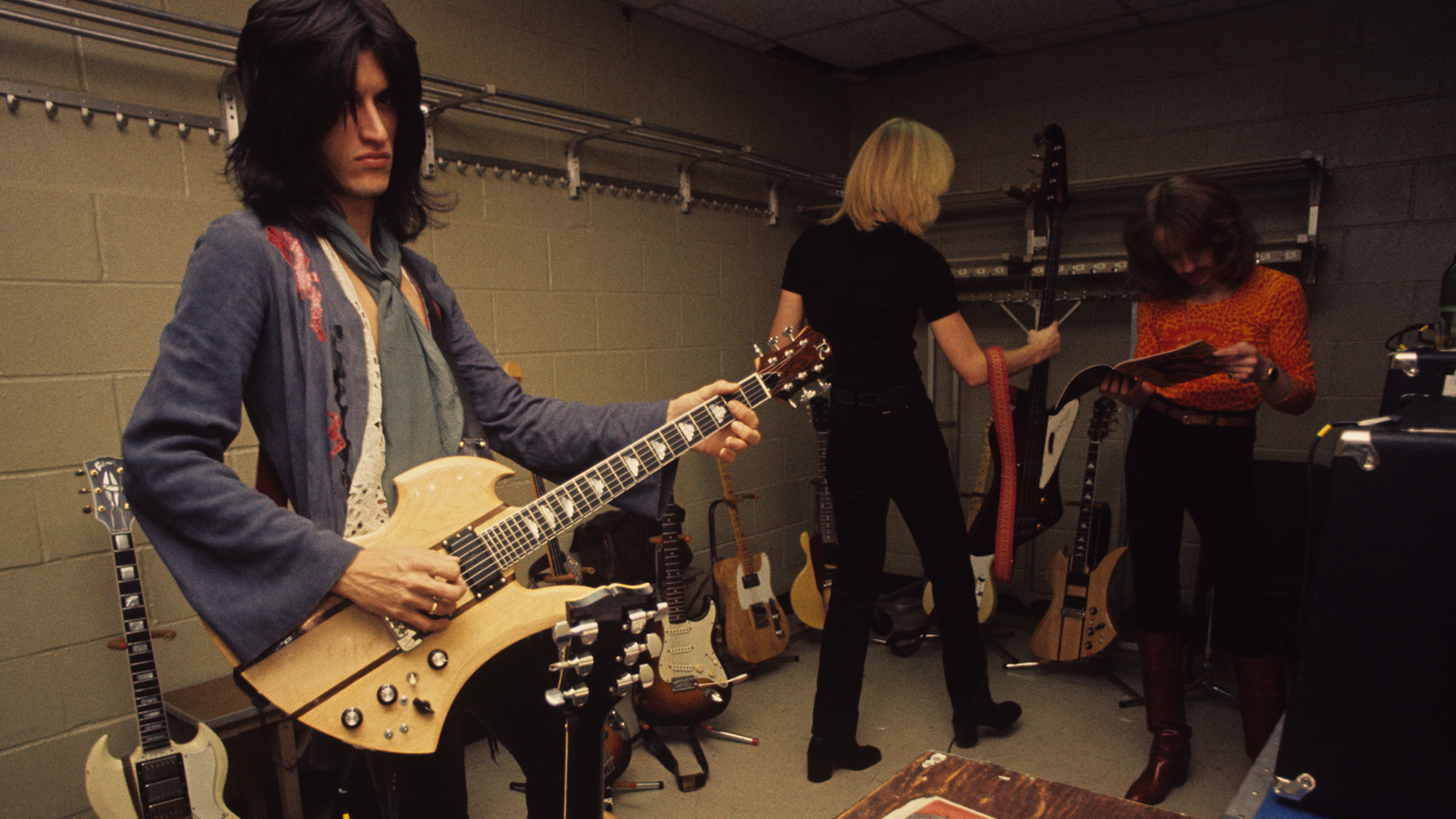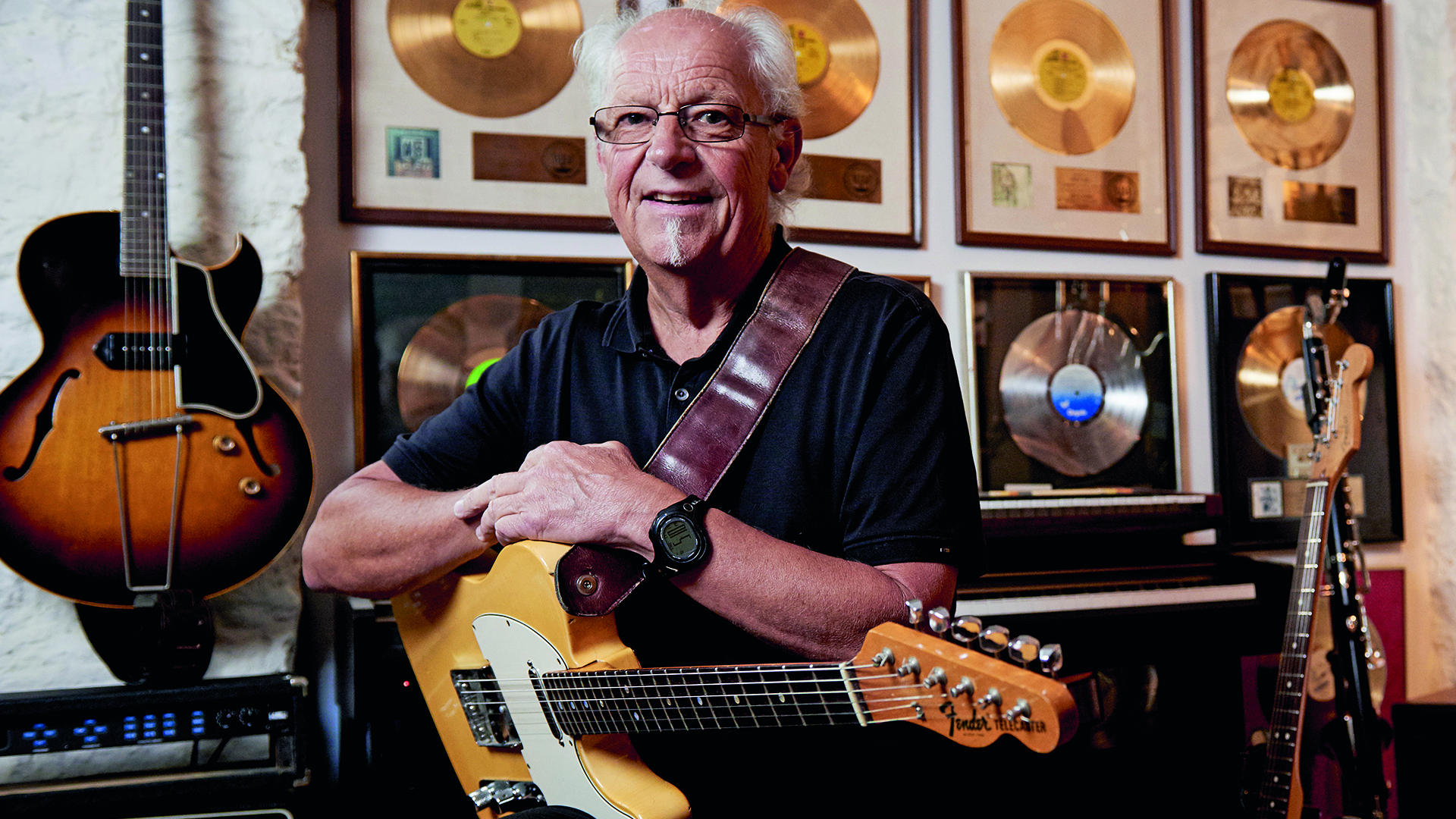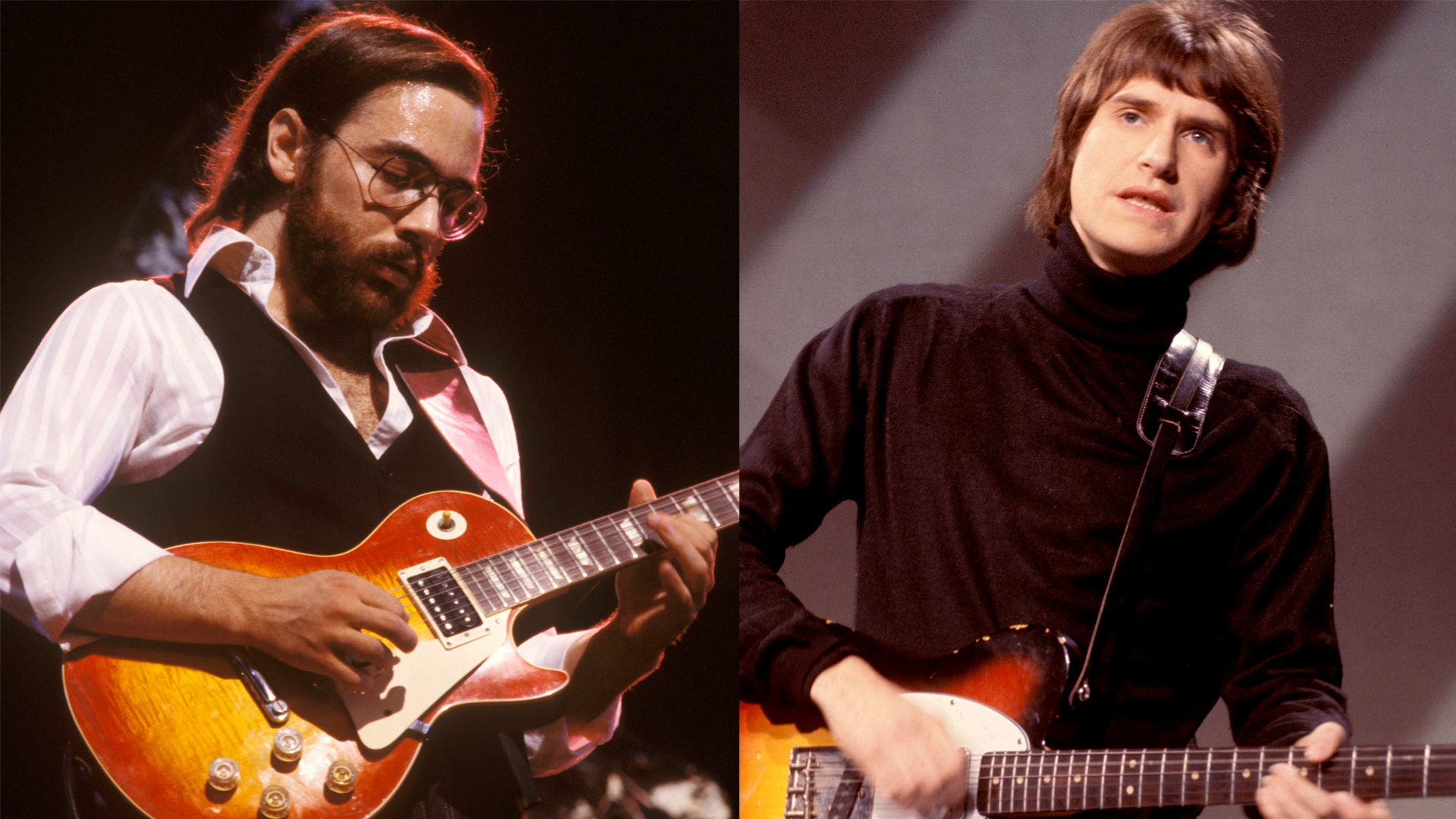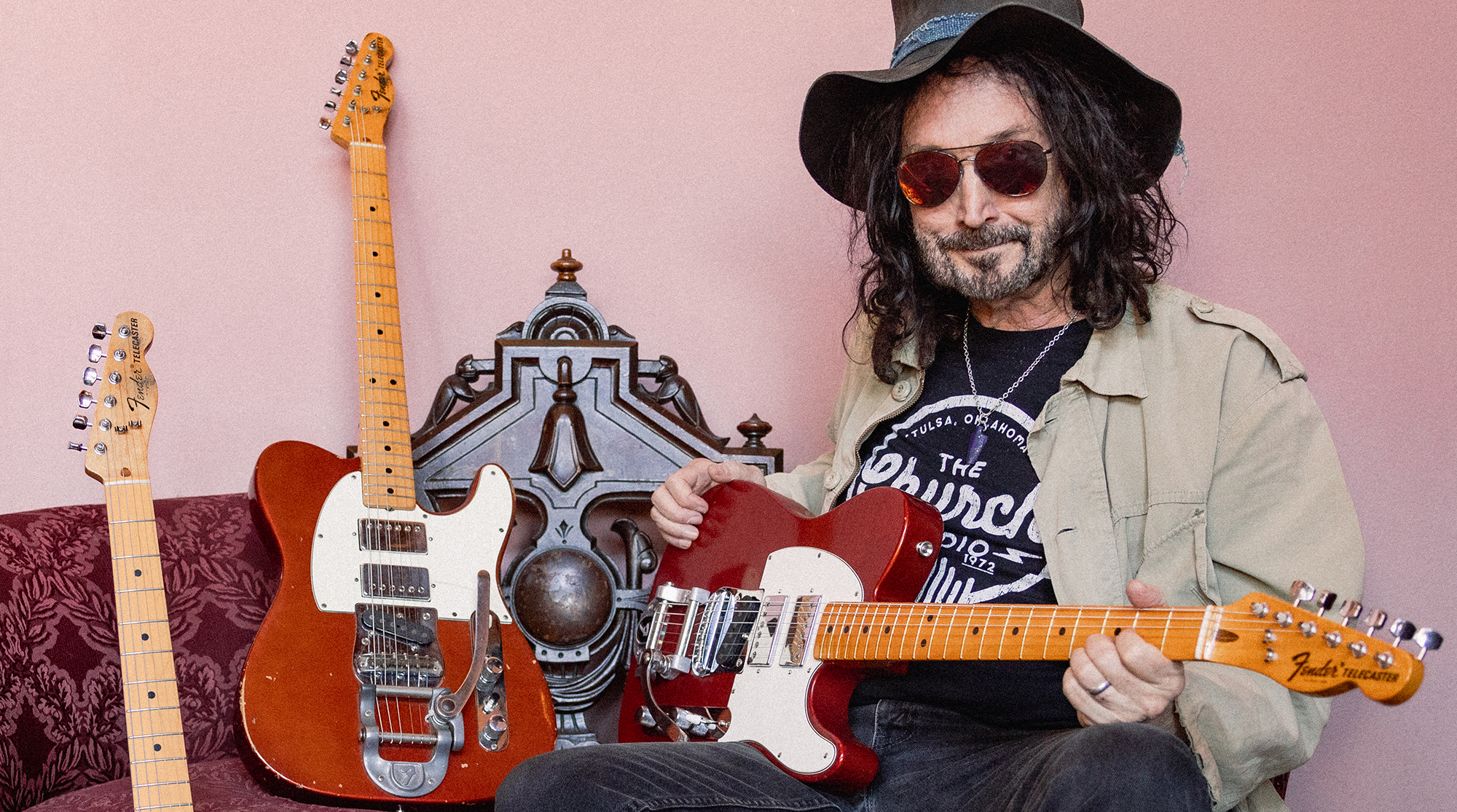“Those guys were focused. We were drug addicts.” Marty Friedman and Chris Poland downplay the Metallica/Megadeth rivalry and admit they learned a lot from the metal giants
The former Megadeth guitarists believe any bitterness between Mustaine and his old band was blown out of proportion

As Sunday’s contest proved, the Chiefs/Eagles rivalry has nothing on the Metallica/Megadeth tussle that has loomed over Dave Mustaine’s entire career.
But new comments from former Megadeth guitarists Marty Friedman and Chris Poland suggest the rivalry between the bands was blown out of proportion, even though Megadeth were “pissed” when Metallica scored a major hit with Master of Puppets in 1986.
Mustaine was a key player in Metallica’s very early days. Although he was ousted from the band in fairly brutal circumstances before their 1983 debut, Kill ‘Em All, he still has writing credits on the LP and its follow-up, Ride the Lightning.
It’s amid that backdrop that he formed Megadeth in ‘83. Their track "Mechanix" — a Mustaine song that served as the basis for Metallica's "The Four Horseman" — was the first taste of a rivalry brewing. Fans and the media have amplified that discord over the decades, but Friedman refutes the idea that Megadeth was driven by any sense of hostility.
“I don't think we cared as much about Metallica as people put in the press,” says the guitarist, who was part of the band’s most successful period between 1990-2000 tells Vanyaland. “We were definitely our own band, our own entity, as far as I'm concerned. We admired Metallica for the great work that they did, and they're playing a similar genre of music to what we were doing.”
But that doesn’t mean they were unaware of the movements of Hetfield, Hammett, and co.
“There is no question that we were watching their every move,” he adds. “What they were doing, what we could learn from it, what we could adapt to our situation from their success. Mustaine pioneered this heavy-metal rhythm guitar style. James Hetfield pioneered this heavy-metal guitar style. They both were very, very important in the formation of thrash metal.”
Get The Pick Newsletter
All the latest guitar news, interviews, lessons, reviews, deals and more, direct to your inbox!
He also believes the feeling of respect was mutual.
“I think we could both learn from each other,” he says. “We could certainly learn from Metallica's great success. However, it wasn't like any kind of, 'Look, we hate Metallica' and 'We want to beat them.' There was absolutely no feud type of thinking. I just remember the journalists: It's a juicy headline, and so they go with it. And that stuff goes on to this day.
"But that part was probably fabricated a lot in the media from our side,” he continues. "We were just way, way too busy with our own music, our own careers to really follow them that much. I respected them a lot. I continue to respect them, and I think they're an awesome band and there's still lots to learn from them.”
Perhaps looking to downplay the toxic narrative, Mustaine has joined Metallica onstage several times over the last decade or so. Mustaine has also spoken of his regret of punching Hetfield in the face; an incident which contributed to his dismissal.
Building on Friedman’s comments, Chris Poland, who was one of the band’s earliest lead guitarists and has contributed to three records across two tenures in the band, has reflected has spoken about how the band reacted to Metallica’s seminal album, Master of Puppets.
The Bay Area thrashers had already built a steady following with their first two LPs, but their third full-length saw their status skyrocket. That left a bitter taste in the mouths of Megadeth’s members.
“I was so bummed out,” Poland reflects in conversation with Ultimate Guitar. “Our record [Peace Sells... but Who's Buying?] had just come out, and when I heard the production on Master of Puppets, I was so pissed. And I knew it was because those guys were focused. We were not focused. We were drug addicts.”
"I mean, they wrote great songs. And we pulled Megadeth's songs off, but we weren't saying, 'Maybe we should retube that amp and get it biased?' We weren't thinking like that,” he says of his former band’s lack of attention to detail. “Plus, those guys were in Europe.
"Everything was running at 240, even the console. I think that had something to do with why that record sounded so good. And the producer [Flemming Rasmussen] was just freaking amazing.”
If anything, Metallica’s success with Master of Puppets was to Megadeth’s benefit. Thrash metal blew up in 1986, and the band was at the heart of it. And looking at the Megadeth records that followed in its wake, 1988's So Far, So Good... So What! and '90s Rust in Peace, the album may have lit a fuse under Mustaine’s backside.
In related news, Marty Friedman has explained why playing live is the best way for guitarists to improve and praised John Sykes' guitar playing in the wake of his passing.
A freelance writer with a penchant for music that gets weird, Phil is a regular contributor to Prog, Guitar World, and Total Guitar magazines and is especially keen on shining a light on unknown artists. Outside of the journalism realm, you can find him writing angular riffs in progressive metal band, Prognosis, in which he slings an 8-string Strandberg Boden Original, churning that low string through a variety of tunings. He's also a published author and is currently penning his debut novel which chucks fantasy, mythology and humanity into a great big melting pot.
“I was home with the family and I got a phone call saying, 'You've won a Grammy.' We were like, 'You've got to be kidding?'” Martin Barre recalls Jethro Tull’s famous Grammy triumph over Metallica 36 years on
“F****d me up completely. I couldn’t make head or tail of it.” Eric Clapton on the one guitarist who blew him away onstage




